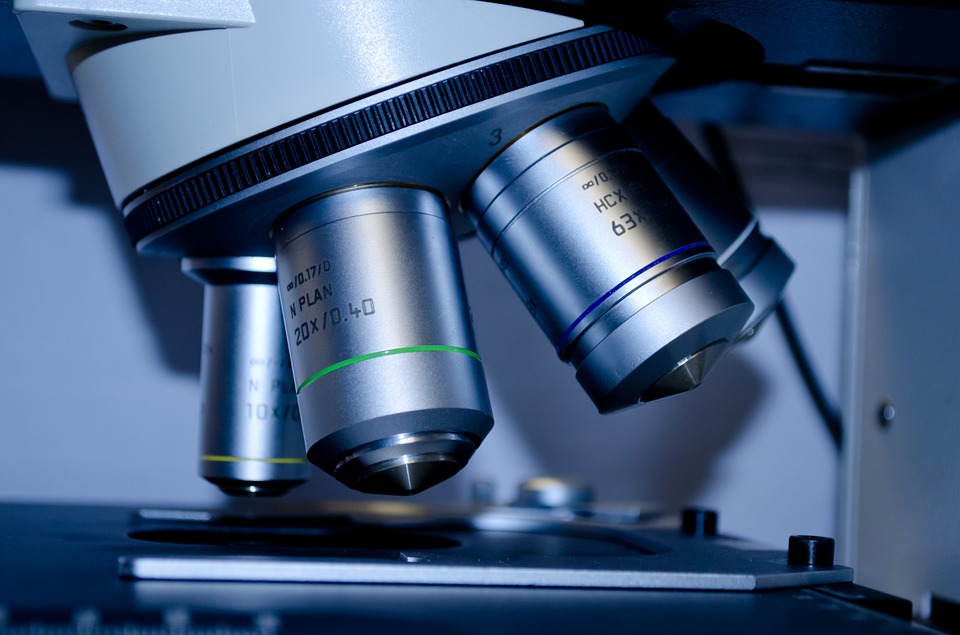Today, the Commission officially announced the selection results of the MSCA4Ukraine initiative, which supports displaced researchers from Ukraine. 13 doctoral candidates and 111 postdoctoral researchers from Ukraine will be able to continue their work in EU Member States and countries associated to Horizon Europe.
Selected researchers will be hosted by academic and non-academic organisations in 21 countries, with most of them based in Germany, the Czech Republic and France. They will work on top-notch projects spanning all scientific disciplines. Most selected research proposals are in the fields of life sciences (25.8%), social sciences and humanities (21.8%), and chemistry (17.7%). The duration of fellowships awarded ranges from eight months to two years, with most applicants awarded two-year fellowships.
Career development opportunities and training activities, focusing on developing research-related and key transferable skills and competences, will also be offered. As in the main Marie Skłodowska-Curie Actions, the scheme, which has an overall budget of €25 million, will provide family allowances to help selected researchers with family responsibilities and a special needs allowance, to support those with disabilities and facilitate their participation.
A detailed overview, including the scope of the projects, hosting organisations and countries involved, is available here.
When conditions permit, the researchers will receive support to re-establish themselves in Ukraine and help rebuild and safeguard the country’s research and innovation capacity. Available support will allow them to maintain links with their host organisation, carry out research placements and develop new projects when the situation allows.
Background
The European Commission introduced a dedicated action in the context of the Marie Skłodowska-Curie Actions to support displaced researchers from Ukraine. The MSCA4Ukraine fellowships are open to all domains of research and innovation.
Launched in September 2022, the MSCA4Ukraine scheme is part of the EU’s response to Russia’s invasion of Ukraine and the need for action to support researchers from Ukraine and enable them to continue their work in the EU, helping to safeguard Ukraine’s research and innovation system, and the freedom of scientific research at large. The programme is implemented by an experienced consortium supporting researchers at risk and composed of the European University Association, Scholars at Risk Europe hosted at Maynooth University (Ireland) and the Alexander von Humboldt Foundation (Germany).
Earlier on this month, the Commission also announced that a new Horizon Europe programme (HE) office is expected to open its doors in Kyiv in 2023. The office will provide support to the National Contact Points, researchers and innovators across Ukraine and strengthen research and innovation (R&I) networks between Ukrainian and European institutions.
On March 2022, the Commission launched the ‘European Research Area for Ukraine’ (ERA4Ukraine) portal, a one-stop-shop for information and support services to Ukraine-based researchers and researchers fleeing Ukraine.
ec.europa.eu
pixabay


















